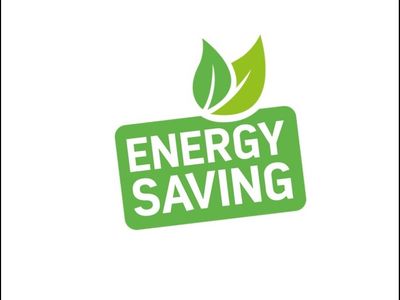The course will give a fundamental understanding on how energy technology can be applied to reduce energy demand of buildings. Thermodynamics, heat transfer, thermal indoor climate, measurement technology, building simulation software and problem solving will be applied in surveys to find the possibilities to increase the energy performance of buildings.
The course is divided in two parts; one theoretical part that consist of a series of lectures and one practical part where the student will work with surveys of real energy systems in buildings. The course focuses on typical buildings in the Swedish building stock, but the knowledge attained in this course can be adapted to any building and energy system in the world.
